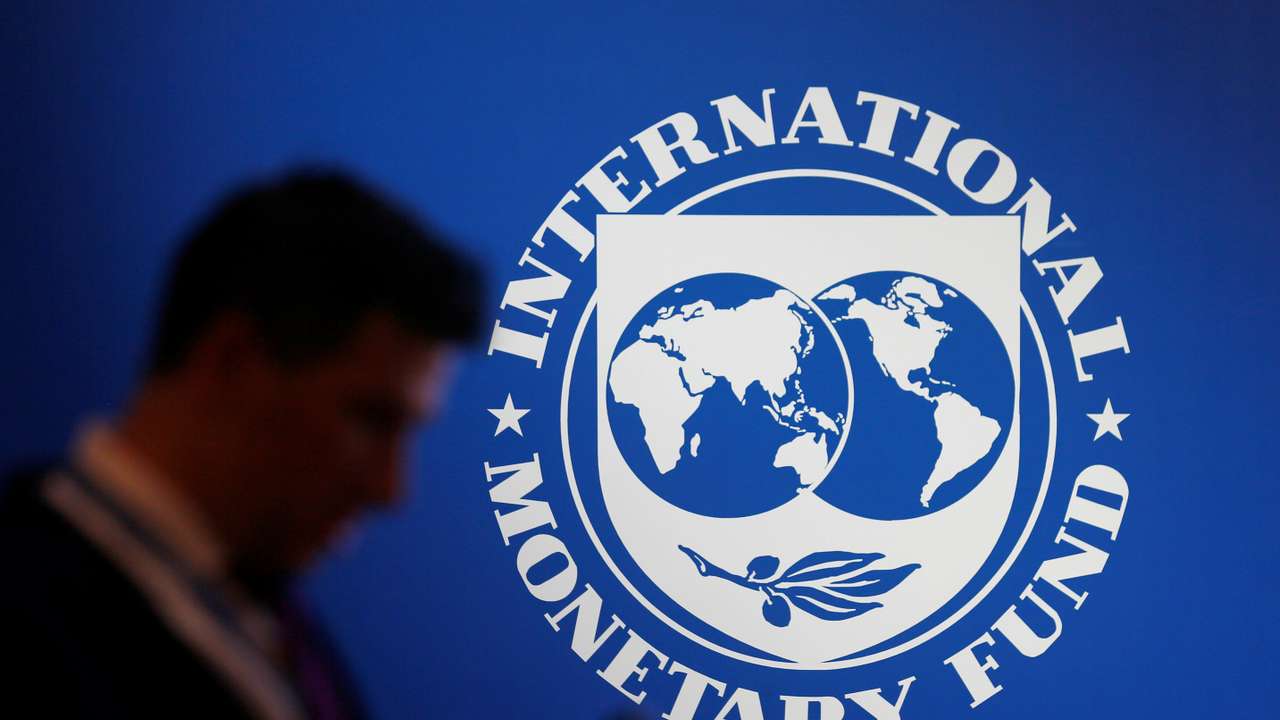IMF forecasts a dip in sub-saharan Africa’s growth to 3.8% in 2025

The International Monetary Fund (IMF) has revised its economic growth forecast for sub-Saharan Africa.
The forecast is that the region’s economy will expand by 3.8% in 2025, a slight slowdown from 4% in 2024.
However, the IMF expects growth to rebound to 4.2% in 2026, driven by stronger investment and improving global conditions.
The updated outlook comes as part of the IMF’s global economic update, which reflects weaker-than-expected international trade dynamics, including new U.S. tariffs and an increasingly uncertain geopolitical environment.
Despite the overall slowdown, several countries in the region are expected to remain strong performers. Senegal, Ethiopia, and Côte d’Ivoire are forecast to post the highest growth rates in sub-Saharan Africa this year, underpinned by infrastructure investment, services expansion, and relatively stable political environments.
Meanwhile, Africa’s oil-exporting nations are expected to grow slower, averaging 2.7%, as global oil demand shows signs of softening. Nigeria, the region’s largest oil producer, is projected to grow by 3%, though this marks a 0.2 percentage point downward revision from previous forecasts due to falling oil prices and demand concerns.
Equatorial Guinea is likely to face the steepest contraction, with its economy expected to shrink by 4.2% this year, reflecting structural weaknesses and declining hydrocarbon output.
In South Africa, the continent’s most industrialised economy, growth remains subdued at 1%, held back by persistent power shortages, policy uncertainty, and weak private investment.
The IMF warned that political instability and conflict remain “pronounced” risks to the region’s economic outlook. Rising food and energy prices, in particular, continue to weigh heavily on vulnerable economies with limited fiscal flexibility.
“Rising food and energy prices have had a severe impact on vulnerable nations with limited fiscal space,” Semafor quotes.
The IMF further urged policymakers in the region to prioritise fiscal discipline, investment in human capital, and governance reforms to build resilience in the face of global shocks.